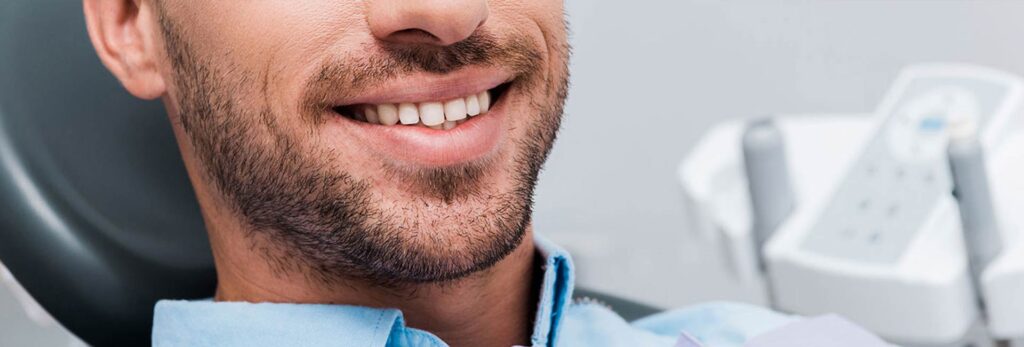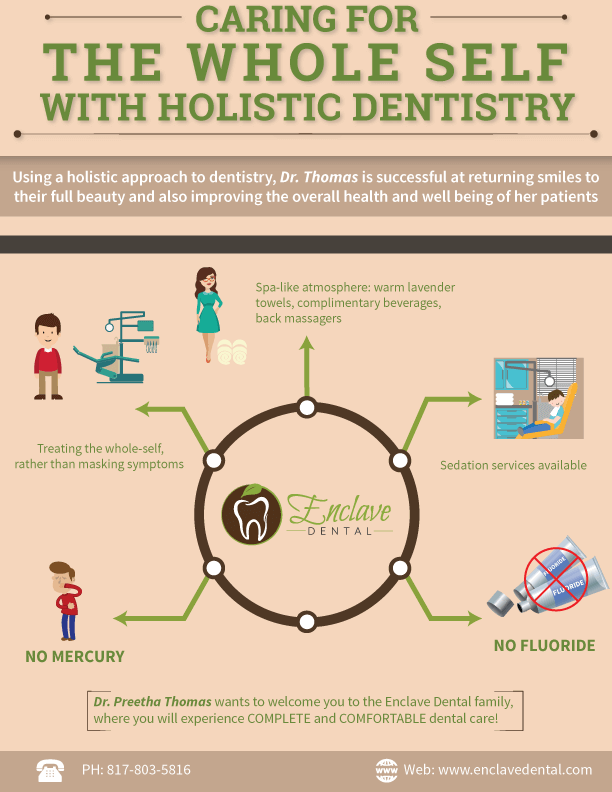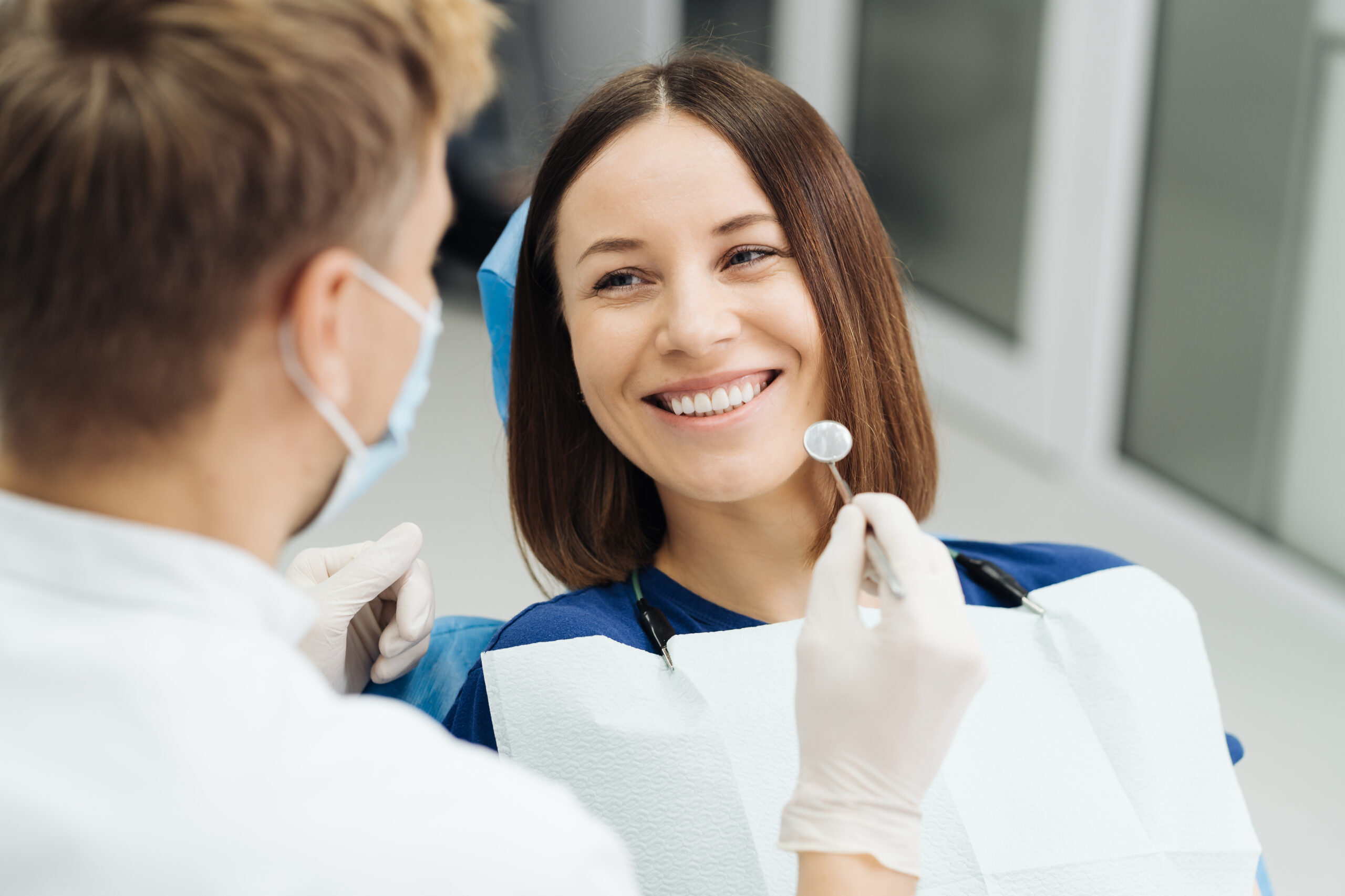Are you searching for a new approach to dental care? Look no further! In this article, we will take you on a journey to explore the world of holistic dental tourism and its alternative treatments. By stepping outside of traditional dental practices, you will discover a whole new realm of oral health and wellness that focuses on the interconnectedness of your body and its overall well-being. Get ready to embark on a fascinating adventure filled with natural remedies, innovative techniques, and a fresh perspective on dentistry. Let’s dive into the world of holistic dental tourism, where a radiant smile meets a healthier you.
Table of Contents
ToggleWhat is Holistic Dental Tourism?
Definition of holistic dental tourism
Holistic dental tourism refers to the practice of seeking dental treatments and care in foreign countries that emphasize a holistic approach to oral health. It involves traveling to destinations known for their alternative and complementary dental treatments. The concept goes beyond traditional dentistry and promotes a comprehensive approach to dental care that considers the overall well-being of an individual.
Overview of the concept
Unlike traditional dentistry, which mainly focuses on treating dental issues within the confines of the mouth, holistic dentistry takes into account the impact of oral health on the entire body. It recognizes the interconnectedness of the mouth, body, and mind and aims to provide treatments that promote overall health and well-being. Holistic dental tourism combines the benefits of traveling to desirable destinations with various dental techniques and practices that prioritize natural and minimally invasive approaches.
Benefits of Holistic Dental Tourism
Access to alternative and complementary treatments
One of the major benefits of holistic dental tourism is the opportunity to access a wide range of alternative and complementary treatments. Many countries known for holistic dental care offer treatments such as ozone therapy, homeopathy, herbal medicine, and acupuncture, which may not be as readily available in your home country. These alternative treatments can complement traditional dental procedures and provide a more holistic and personalized approach to oral health.
Cost-effectiveness compared to traditional dental treatments
In addition to alternative treatments, holistic dental tourism often offers cost-effective options for individuals seeking dental care. Many countries known for holistic dental treatments, such as Thailand, Mexico, and Hungary, often have lower dental treatment costs compared to more developed countries. By combining high-quality dental care with more affordable prices, holistic dental tourism allows you to save money while receiving the treatment you need.
Opportunity for a dental vacation
Holistic dental tourism provides a unique opportunity to combine dental treatments with a relaxing vacation. Many popular destinations for holistic dental care are located in beautiful and scenic locations, such as beach resorts or picturesque cities. By choosing to undergo dental treatments in these destinations, you can enjoy a peaceful and rejuvenating experience while taking care of your oral health. This can help alleviate any anxiety or stress often associated with dental visits and create a positive overall experience.
Holistic approach to dental care
Perhaps the most significant benefit of holistic dental tourism is its focus on a holistic approach to dental care. Holistic dentistry considers the overall health of an individual and aims to identify and address the underlying causes of dental issues, rather than just treating the symptoms. It emphasizes prevention, minimally invasive procedures, and the use of biocompatible materials. By choosing holistic dental tourism, you can benefit from treatments that prioritize your overall well-being and contribute to long-term oral health.
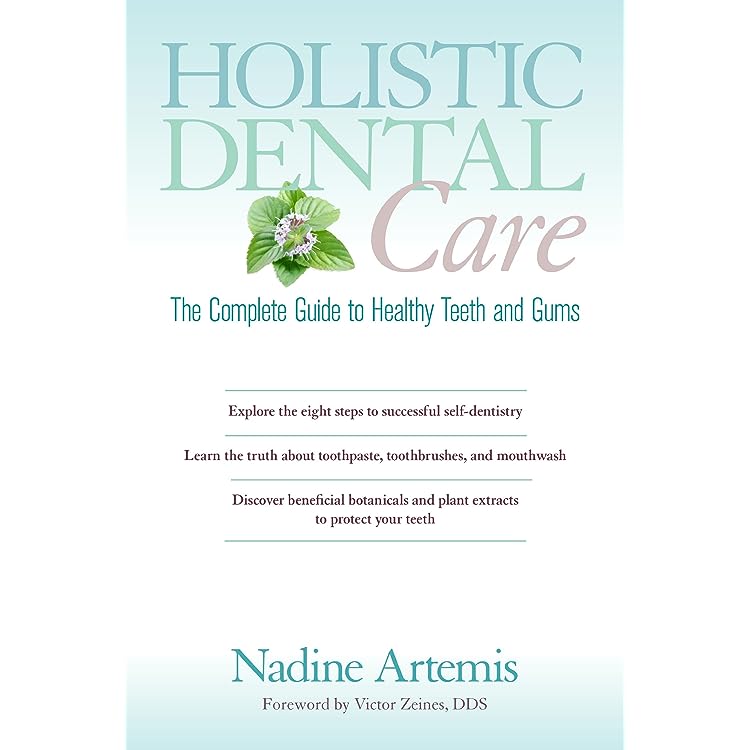
Popular Destinations for Holistic Dental Tourism
Countries known for alternative dental treatments
Several countries are known for their alternative and complementary dental treatments, making them popular destinations for holistic dental tourism. These countries include Mexico, Thailand, Hungary, Costa Rica, and India. They have gained recognition for their advanced dental facilities, experienced dental professionals, and a wide range of alternative treatment options.
Overview of their dental tourism infrastructure
Countries popular for holistic dental tourism have developed a robust dental tourism infrastructure to cater to international patients. They often have dental clinics and hospitals equipped with state-of-the-art technology, modern facilities, and highly skilled dentists. These destinations also provide specialized services for international patients, including airport transfers, accommodations, and assistance with travel arrangements.
Reputation and expertise of dental clinics in these destinations
The dental clinics in popular holistic dental tourism destinations have gained a reputable track record for providing high-quality dental care and delivering successful outcomes. Many of these clinics have international accreditations and certifications, ensuring that they meet the highest standards of safety and quality. The dentists working in these clinics are often trained and experienced in both traditional and alternative dental techniques, offering a comprehensive approach to dental treatments.
Types of Alternative Dental Treatments
Traditional vs. alternative dental treatments
Traditional dental treatments involve procedures such as fillings, root canals, and dental implants, which focus on treating specific dental issues. Alternative dental treatments, on the other hand, encompass a broader range of approaches that consider the connection between oral health and overall well-being. They may include techniques such as ozone therapy, ceramic implants, biocompatible materials, and laser dentistry.
Overview of holistic dental treatments
Holistic dental treatments prioritize natural and minimally invasive approaches to dental care. They focus on preventive strategies and early intervention to maintain optimal oral health. These treatments may include comprehensive oral health assessments, ozone therapy for non-surgical gum treatments, homeopathic remedies for pain relief, and herbal medicine for inflammation reduction.
Common alternative treatments in holistic dentistry
Holistic dentistry incorporates a variety of alternative treatments to address dental issues in a more comprehensive and natural way. Some common alternative treatments in holistic dentistry include:
-
Ozone therapy: The use of ozone gas or ozone-infused water to eliminate bacteria and promote healing in the mouth.
-
Biological dentistry: Removal of amalgam fillings and the use of biocompatible materials in dental restorations.
-
Homeopathy: The use of diluted natural substances to stimulate the body’s natural healing response.
-
Acupuncture: The insertion of small needles into specific points on the body to alleviate pain and promote overall well-being.
Comparison of effectiveness and safety
While traditional dental treatments have a proven track record of effectiveness and safety, alternative dental treatments are still undergoing scientific research and validation. It is essential to consult with a qualified dentist and discuss the potential risks and benefits of alternative treatments before deciding on a course of action. The effectiveness and safety of each treatment may vary depending on individual circumstances and underlying dental issues.
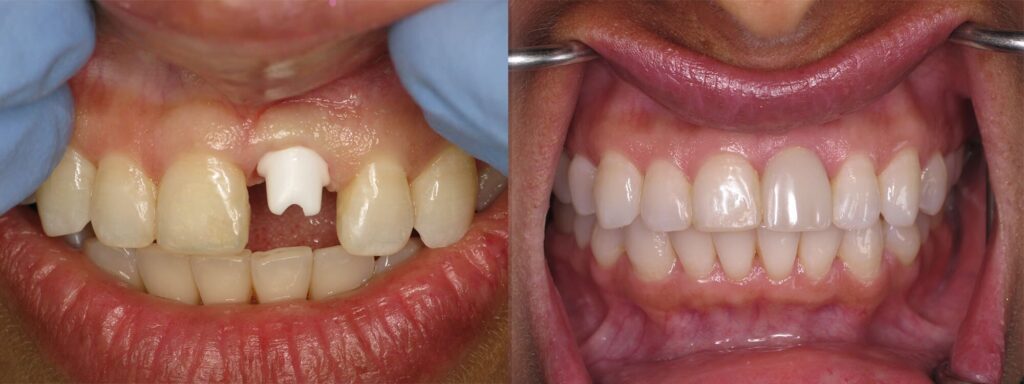
Holistic Dentistry Techniques and Practices
Overview of holistic dental techniques
Holistic dentistry utilizes various techniques that focus on natural and minimally invasive approaches to dental care. These techniques may include:
-
Biomimetic dentistry: Mimicking the natural structure and function of teeth to restore or repair damaged teeth.
-
Laser dentistry: The use of lasers to perform precise and minimally invasive procedures, such as gum contouring and cavity removal.
-
Minimally invasive dentistry: Preserving as much natural tooth structure as possible while addressing dental issues, often using adhesive restorations instead of traditional crowns or bridges.
Use of biocompatible materials
Holistic dentistry places a strong emphasis on the use of biocompatible materials in dental treatments. Biocompatible materials are those that are less likely to cause allergic reactions or adverse effects in the body. This may include the use of ceramic or zirconia implants instead of traditional metal implants, as well as the avoidance of mercury-containing amalgam fillings.
Non-invasive and minimally invasive procedures
Another key aspect of holistic dentistry is the focus on non-invasive and minimally invasive procedures. This approach aims to preserve as much healthy tooth structure as possible while addressing dental issues. By using less invasive techniques, patients can experience reduced pain, faster recovery times, and improved overall oral health.
Emphasis on preventative care and overall well-being
Holistic dentistry places a strong emphasis on preventative care and overall well-being. It encourages patients to adopt healthy oral hygiene practices, maintain a balanced diet, and make lifestyle choices that support optimal oral health. By addressing the underlying causes of dental issues and promoting overall well-being, holistic dentistry aims to prevent future dental problems.
Integration of complementary therapies
Holistic dentistry often integrates complementary therapies into dental treatments to support overall well-being. This may include incorporating relaxation techniques, nutritional counseling, stress management, and even referrals to other healthcare professionals such as naturopaths or chiropractors. By considering the whole person, holistic dentistry aims to provide comprehensive care that promotes both oral and general health.
Risks and Limitations of Holistic Dental Tourism
Lack of standardization and regulation
One of the primary risks of holistic dental tourism is the lack of standardization and regulation across different countries and dental clinics. While some countries have stringent regulations in place, others may not have the same level of oversight. This disparity can lead to variations in the quality of care, safety protocols, and ethical practices. It is crucial to thoroughly research and choose a reputable clinic with appropriate certifications and accreditations.
Quality control issues
In some instances, the quality control of materials and equipment used in dental clinics abroad may not meet the same standards as those in your home country. It is essential to ensure that the dental clinic you choose follows strict quality control measures and uses high-quality materials and sterilization practices. Thorough research and communication with the dental clinic are crucial to address any concerns regarding quality control.
Language and communication barriers
Traveling to a foreign country for dental treatment may present language and communication barriers. It is important to choose a dental clinic with staff who can communicate effectively in your preferred language. Clear communication is vital to ensure that your treatment plan is understood, options and risks are discussed, and your questions and concerns are addressed. Some clinics may also provide translation services or have multilingual staff to assist international patients.
Travel-related risks and complications
Traveling for dental treatment introduces additional risks and complications associated with travel. This may include travel-related stress, potential delays or cancellations of travel plans, and the need to adjust to a new environment. It is crucial to plan and prepare accordingly, ensuring you have appropriate travel insurance, necessary documents, and contingency plans in case of emergencies or unexpected circumstances.
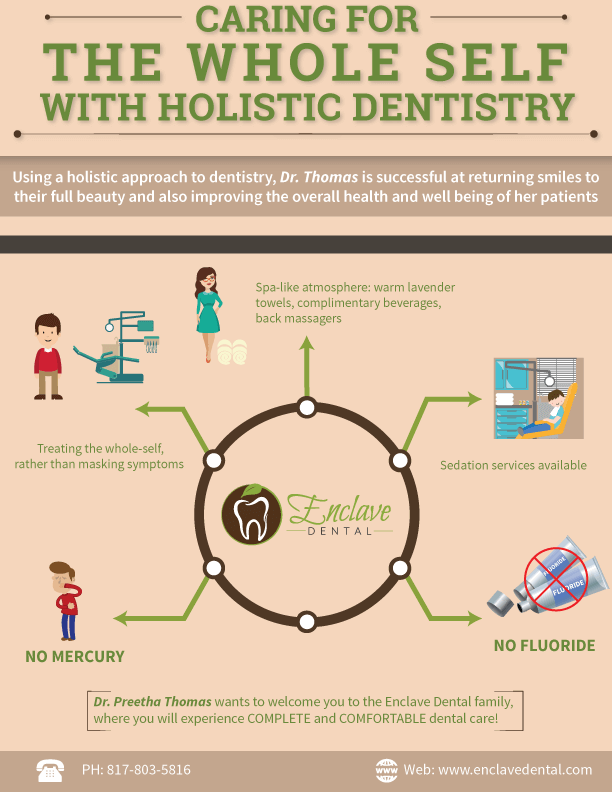
Choosing the Right Holistic Dental Clinic
Researching and evaluating dental clinics
Choosing the right holistic dental clinic for your needs requires thorough research and evaluation. Start by researching the reputation and credibility of dental clinics in your desired destination. Look for online reviews, testimonials, and recommendations from previous patients. Additionally, consider seeking referrals from trusted sources such as your local dentist or friends who have undergone dental treatments abroad.
Considering reputation, credentials, and experience
When evaluating dental clinics, consider their reputation, credentials, and experience. Look for clinics that have established a positive track record and hold relevant certifications and accreditations. Check the qualifications and experience of the dentists and staff to ensure they possess the necessary expertise and skills. Access to ongoing professional development and participation in conferences and training can also be indicators of a clinic’s commitment to staying up-to-date with the latest advancements in holistic dentistry.
Quality of facilities and equipment
The quality of a dental clinic’s facilities and equipment is an important factor to consider. Look for clinics that have modern and well-maintained facilities equipped with state-of-the-art technology. This ensures that you will receive high-quality dental care using advanced equipment and techniques. A visually clean and organized clinic environment can also provide insights into the clinic’s commitment to hygiene and infection control protocols.
Patient testimonials and reviews
Patient testimonials and reviews offer valuable insights into the experiences of others who have undergone dental treatments at a particular clinic. Read through patient testimonials and reviews to gain a better understanding of the clinic’s service quality, patient satisfaction, and outcomes. Look for testimonials that focus on the specific treatments you are considering, as they can provide more relevant information.
Communication with the dental clinic
Clear and effective communication with the dental clinic is crucial throughout the entire treatment process. Prioritize clinics that are responsive to your inquiries and provide detailed information about their services, treatment options, and costs. Open communication channels, such as email or phone consultations, can help address any concerns or questions you may have. A reliable dental clinic will prioritize building a good rapport with their patients and ensure that their needs and expectations are fully understood.
Planning Your Holistic Dental Tourism Trip
Understanding the dental treatment process
Before embarking on a holistic dental tourism trip, it is important to understand the dental treatment process. Research the specific treatments you require and familiarize yourself with the procedures, expected outcomes, and potential risks or complications. Consulting with a local dentist or seeking a second opinion can also provide you with additional insights and guidance.
Scheduling appointments and treatment timeline
When planning your holistic dental tourism trip, it is essential to consider the scheduling of appointments and treatment timeline. Consult with the dental clinic to determine the duration of your treatment and the number of visits required. Take into account any recovery time needed between procedures and plan your trip accordingly. It is advisable to allow for some flexibility in your schedule in case any unexpected treatment needs arise.
Arranging transportation and accommodation
When traveling for holistic dental treatment, arrange transportation and accommodation well in advance. Research the best transportation options to and from your destination, considering factors such as cost, convenience, and safety. Choose an accommodation option that is conveniently located near the dental clinic and caters to your specific needs and preferences.
Budgeting and financial considerations
Budgeting is a significant aspect of planning your holistic dental tourism trip. Consider the costs of dental treatments, travel expenses, accommodation, and any additional expenses such as medication or post-treatment care. Compare prices from different dental clinics to ensure that you are getting a fair and reasonable cost estimate for your treatment plan. Take into account any potential currency exchange fluctuations and factor in a contingency budget for unforeseen circumstances.
Preparing necessary documents and travel insurance
Before traveling for dental treatment, ensure that you have all the necessary documents in order. This may include a valid passport, visa (if required), medical records, treatment plan, any relevant dental X-rays or scans, and travel insurance. It is crucial to obtain comprehensive travel insurance that covers both medical emergencies and potential complications related to your dental treatment.
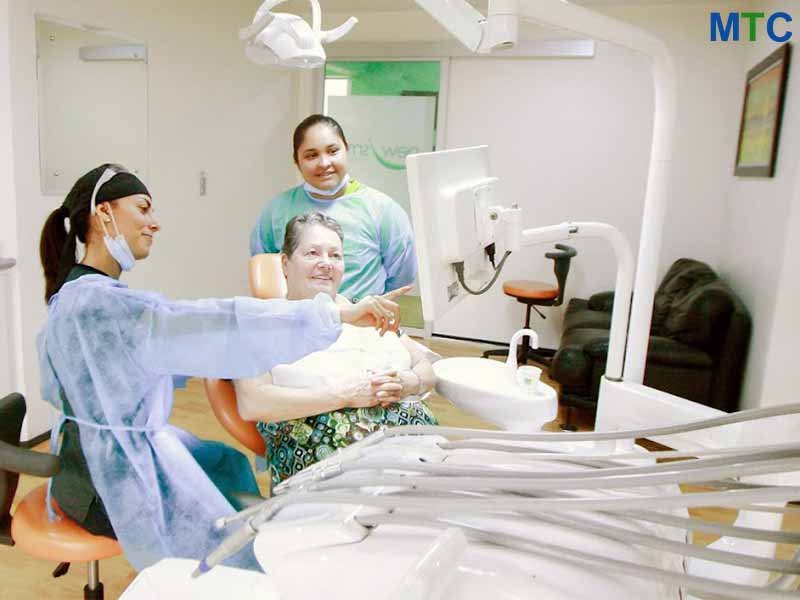
Post-Treatment Care and Follow-up
Importance of post-treatment care
Post-treatment care is crucial to ensure optimal healing and recovery after dental procedures. Follow the instructions provided by your dentist regarding dietary restrictions, oral hygiene practices, and any prescribed medications. It is important to maintain good oral hygiene and schedule regular check-ups with your local dentist after returning home to monitor the progress of your treatment and address any concerns.
Instructions for aftercare
Your dentist will provide specific instructions for aftercare based on the type of dental treatment you receive. This may include guidelines for proper oral hygiene, dietary restrictions, and restrictions on physical activities. Adhering to these instructions is essential for promoting healing, reducing the risk of complications, and ensuring long-term success of the dental treatment.
Follow-up appointments and subsequent treatments
Depending on the complexity of your dental treatment, you may require follow-up appointments or subsequent treatments. Coordinate with your dental clinic to schedule these appointments and ensure that you are aware of the recommended timeline for monitoring your progress. It is important to stay in touch with your dental clinic even after returning home to provide updates on your oral health and address any concerns that may arise.
Maintaining oral health after returning home
Maintaining good oral health after returning home from your holistic dental tourism trip is essential for long-term success. Continue practicing excellent oral hygiene habits, including brushing twice a day, flossing regularly, and using mouthwash. Schedule regular check-ups with your local dentist to monitor the condition of your teeth and gums and address any potential issues promptly.
Case Studies: Successful Holistic Dental Tourism Experiences
Real-life stories of individuals who pursued holistic dental tourism
Real-life case studies provide valuable insights into the experiences of individuals who have pursued holistic dental tourism. These stories shed light on the motivations, challenges, and outcomes of seeking dental treatment abroad. Hearing from others who have undergone similar treatments can provide reassurance and help prospective patients make informed decisions.
Positive outcomes and experiences
Many individuals who have undergone holistic dental tourism report positive outcomes and experiences. They often highlight the personalized and comprehensive approach to dental care, reduced pain and discomfort during procedures, and improved overall oral and general health. Positive outcomes may include successfully addressing complex dental issues, increased confidence in their smile, and improved quality of life.
Lessons learned and recommendations from the patients
Patients who have experienced holistic dental tourism may offer valuable lessons learned and recommendations based on their own journey. They may provide insights on choosing the right dental clinic, managing expectations, preparing for the trip, and ensuring a smooth post-treatment care process. By sharing their experiences, these patients can offer guidance and support to individuals considering holistic dental tourism.
